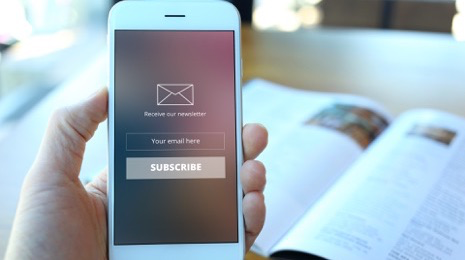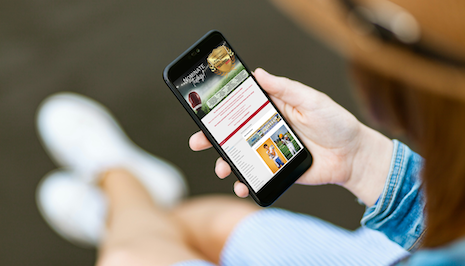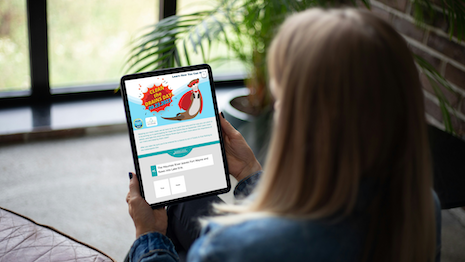Keep it simple
Again, simplicity is key when you are looking to rejuvenate your contesting program. A contest that is difficult to understand or complicated to enter is not likely to attract many submissions.
Focus on sweepstakes
If you’re looking to reinvigorate your contesting program, the best thing you can do is keep it simple – for both your team and your audience. A straightforward enter-to-win sweepstakes is quick to set and easy for people to enter (find plenty of prize ideas here). Even if you don’t sell a sponsorship and drive revenue with your sweepstakes, they are incredibly effective database builders. Just add an email opt-in to the registration page!
To take your strategy to the next level, consider running a sweepstakes with a relevant prize before launching a larger promotion in order to build up your database before you promote the big initiative. For example, you could run a Grill Giveaway before your Pro Football Pick’em, since the audiences would be likely to overlap significantly.
Stick to Proven Themes
When you are planning a photo contest, always ask yourself, “Do I have a photo like that easily accessible?” If people need to make an effort to find an appropriate photo to submit, they will be much less likely to enter your contest. That’s why the most successful photo contests have traditionally been Cutest Kids and Cutest Pets – everyone takes pictures of their kids and pets with their phones, and they love to share them.
Shorten the Timeline
If your contest is live for too long, people will lose interest. A good rule of thumb is to build contests in 2-week increments. A sweepstakes – which has only one round – would last 2 weeks, while a photo contest with both a submission period and a voting period would last 4 weeks. A sense of urgency will encourage people to enter the contest sooner and to share it more, particularly if voting is involved.
Don’t ask for too much
One of the top reasons to run contests is for the data that they collect. However, while the email addresses and demographic information you can glean with contests is incredibly valuable, you want to be sure not to overwhelm your audience by asking for too much personal information on the registration page. Building a database is a marathon, not a sprint, so don’t feel like you need to get everything at once. Instead, consider complementing the 4 fields you should include on every registration page with just one or two others that your team has decided are most important – whether that be zip code, birthday, or an opt-in for your text database. If you want to collect even more information about your audience members, you can always switch up which of these additional fields you include.
Revitalizing a contesting program doesn’t need to be a complicated and time-consuming endeavor. By focusing your efforts and keeping things simple, you can quickly start to see results.





